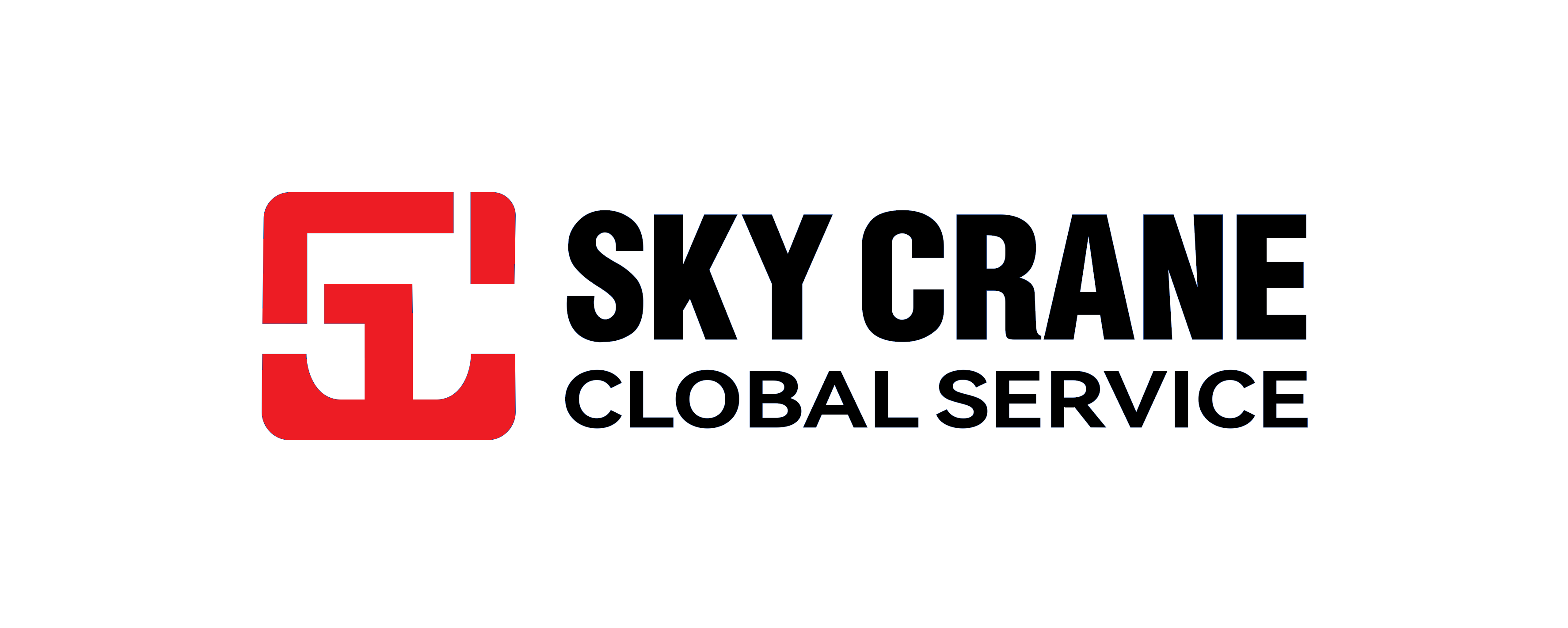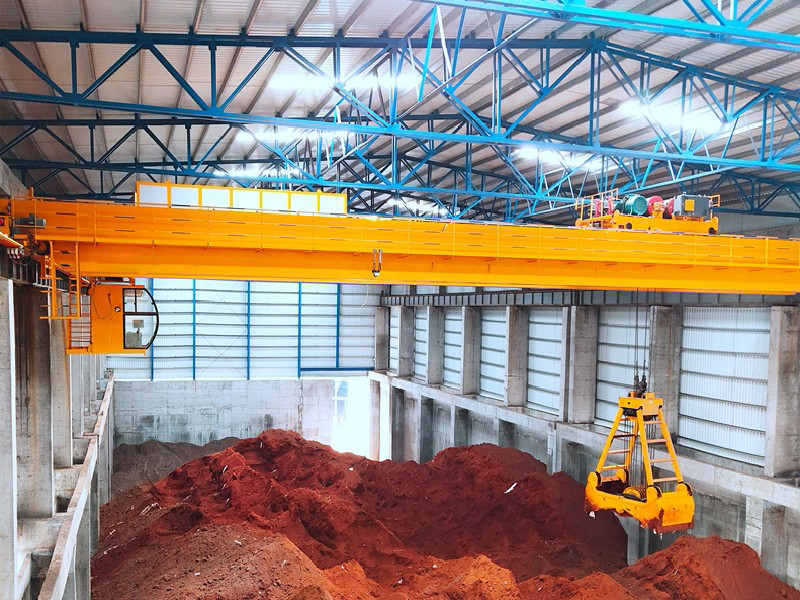Intelligent grab crane
The intelligent grab crane refers to that the crane automatically runs to the designated position of the process under the control of the program according to the set process route. After all grasping instructions are completed, the crane automatical
General bridge crane equipment selection manual manual
Product Details:
The intelligent grab crane refers to that the crane automatically runs to the designated position of the process under the control of the program according to the set process route. After all grasping instructions are completed, the crane automatically returns to the standby position to realize the automatic positioning processing of the production process. It can also avoid some obstacles and complete some more precise and accurate work to improve the intelligence of product handling.
Technology Features:
(1) Anti-swing control
(2) Positioning module
(3) Human machine interaction
(4) Process flow customization
(5) Data interface docking
(6) Identification system
Controlled Operation:
The control and automatic operation of IOT equipment need to be unified scheduling and operation through intelligent equipment, automation technology, information integration, digital modularization, production visualization and other technologies.
(1)Integration
Equipment information integration platform is established with ASW system as the core, which supports MES management upward, and highly integrates with the implementation of handling and lifting sensing data downward, and connect their independent information systems into a complete, safe, reliable, energy-saving and efficient overall solution for space operation.
(2)Digitization
With the help of the network platform covering the whole plant, the real-time collection of production data can be realized, the running status of the train can be quickly mastered, the seamless connection between the production link and the information system can be realized, and the perception and detection ability of the management personnel on the production site can be improved.
(3)Data mining
Make use of big data technology to centrally store and analyze the data of ASW system, assist the equipment management to find problems in time, analyze the causes of problems, carry out risk warning, and realize scientific equipment management.
(4)Reliability
Ensure the reliability of crane operation from the aspects of overall mechanical design calculation, design simulation, material selection, electrical component selection and program control.
(5)Safety
Use special safety measures to ensure the safe operation of the crane. Self diagnosis technology can ensure that the crane can be started after all preparations are completed; Special protective measures for the crane, such as brake switch, torque verification and brake logic can ensure the safe operation of the crane.
(6)Anti-collision and collision protection function
Effective braking between vehicles and objects at the same height within 3 meters can be effectively controlled through infrared, laser, ultrasonic and other technologies. When the braking distance fails, the ASW system can automatically decelerate and stop to avoid secondary impact damage and effectively protect the impacted object and surrounding equipment. Regional areas can also be set, such as production machinery area and storage area where cranes are not allowed to enter. In these areas, the crane is designed to stop operation, which helps to prevent collision between the crane and valuable equipment near the crane, increasing safety and preventing possible damage.
(7)Anti-skew pulling and lifting function
Through the real-time data acquisition of the tilt angle sensor, the casualties and equipment damage caused by excessive skew pulling and lifting when the lifting mechanism lifts heavy objects are prevented.
(8)Safety monitoring function
The built-in safety monitoring system can real-time monitor the starting times, holding brake times, overload times, cycle times, operating time and other operating data of each mechanism, and comprehensive monitor the life cycle data of the crane; In addition, the safety monitoring system can monitor the system voltage, system current, lifting weight and other data in real time to prevent overvoltage, overcurrent, overload and other faults, and upload the data to the big data platform.

